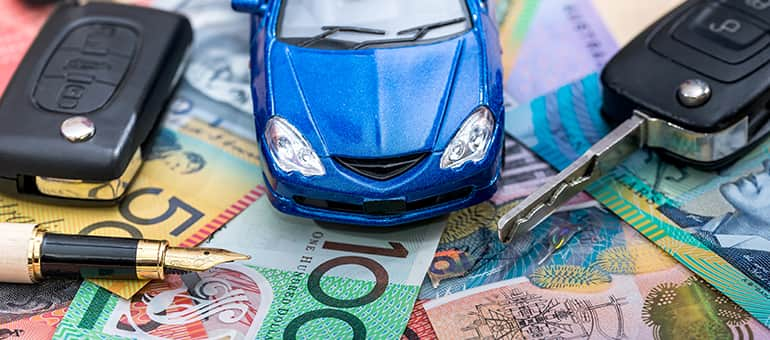When it is time to move on from your current vehicle, you’re presented with a couple of primary options to consider: opting for a cash-for-cars service or trading in your vehicle at a dealership. Each route offers distinct advantages and potential drawbacks, depending on your immediate needs, the condition of your vehicle, and your financial or purchasing goals. This comparison aims to provide clarity and assist you in making a decision that aligns with your circumstances.
Cash For Cars Service
Cash for Cars services provides a simple, effective approach to selling your car. For people who want to sell their automobile quickly or with the least amount of hassle, this is a very alluring alternative. With cash for cars, you can sell your cars “as is,” saving money by not having to undertake any pricey repairs or cosmetic enhancements to increase their marketability.
Businesses that specialize in this service frequently offer a fast quote via phone or the Internet, and they can set up an inspection and payment right away. Cash for cars service is a preferred option for people looking for a stress-free sale because of its simplicity and rapidity.
Benefits
One of the most significant advantages of cash for cars is the quick and direct payment process. Sellers receive cash almost instantly, making it an ideal option for those in urgent need of funds. This option eliminates the need for advertising, meeting with potential buyers, or negotiating prices.
The simplicity of the process is a major plus for individuals seeking a hassle-free sale. Cash for cars services often accept vehicles in any state, whether running or not. This is particularly beneficial for selling older, damaged, or non-operational vehicles without the need for repairs.
Drawbacks
As cash for cars companies aims to profit from your vehicle, they might offer less than what you could obtain through a private sale or trade-in, especially for cars in good condition. The process is simple, but it does not leave much room for negotiation. The initial offer is often the final one, which might not always reflect your vehicle’s market value.
Trade-In
Trade-ins offer a practical option for selling unwanted cars. In this process, your existing car is exchanged for credit that can be applied to the purchase of a new car from a dealership. A major benefit of trading in your car is being able to transfer your old car to your new car seamlessly.
For people who want to avoid the hassles and time commitment of selling a car individually, dealerships present an appealing alternative because they take care of all the paperwork and logistics. Furthermore, trading in can have financial advantages.
Benefits
Trading in your vehicle when purchasing a new one simplifies the transaction. Dealerships handle all the paperwork, making it a smooth transition from your old car to the new. In many regions, you only pay sales tax on the difference between the trade-in value of your old car and the price of the new one, potentially saving you a considerable amount of money.
Drawbacks
Despite potential tax advantages, the trade-in offers are usually lower than what you might achieve through a private sale, as the dealership needs to make a profit on the resale of your vehicle. This option is only viable if you’re looking to purchase another vehicle. If you simply want to sell your current car without buying a new one, trade-in is not an option.
Which Option Is Right For You?
The choice between cash for cars and trade-ins depends on your requirements, financial objectives, and situation. Cash for car service can be the easiest and least complicated option if you value speed, convenience, and the need to get rid of a car no matter how it looks.
It is perfect for people who want a speedy transaction or who are dealing with a vehicle that, because of its age or condition, might not be worth much to trade in. However, a trade-in might be more advantageous if you are in the market for a new car and want to make the process easier by combining the sale of your old car with the purchase of a new one. This option not only makes the transfer easier, but it might also come with financial benefits like tax breaks, which could increase the payout if you’re good at negotiating.
In the end, the best decision will rely on how well your current situation meets your needs, how much your car is worth, and if selling your car quickly will be more convenient than trading it in for a new car later on.
Conclusion
The choice of whether to use a trade-in or cash for cars ultimately comes down to your priorities, the state of the car, and your long-term goals about car ownership. Trading in at a dealership might be your best option if you are looking for a smooth transfer to a new car and maybe even want to take advantage of tax benefits to sweeten the bargain. You may make the most advantageous and fulfilling decision by carefully considering the benefits and downsides of each option against your particular situation. This will guarantee that your car selling or purchasing experience is in line with your expectations and financial situation.


